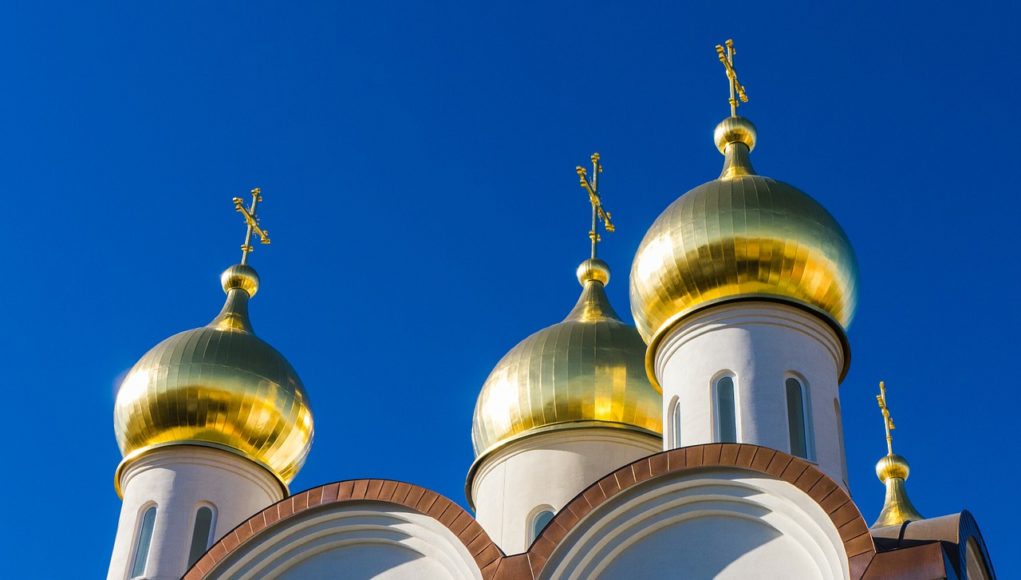Launched in 2013, Russia’s anti smoking legislative campaign began with the federal law “On Protecting the Health of the Citizens from the Effects of Secondhand Tobacco Smoke and the Consequences of Tobacco Consumption.” This Tobacco Control Law was limited to combustible cigarettes, restricting smoking in public places and banning all kinds of tobacco advertising.
Since then, the Russian government has been working towards tightening regulations pertaining to tobacco manufacturing, sales, and allowed consumption levels. Subsequently In 2018, Russia’s Minister of Industry and Trade, Denis Manturov, had announced that Russia was preparing to categorize vaping products differently than tobacco products, and therefore regulate them separately.
The minister had pointed out that Russia’s Ministry of Health was onboard with this stance, and was urging smokers to switch to the safer alternatives. Additionally, the ministry had announced restrictions on selling the products to minors, and on their use in schools.
Cigarettes and safer alternatives fall under the same regulations
Sadly, the opposite has come to pass. Last July, Putin approved new amendments to the Tobacco Control Law that were initiated by Russia’s Parliament. These have put regulations for tobacco and other nicotine products (including e-cigarettes) under the same umbrella. And while they do acknowledge the different types of technologies involved, they are all regulated in the same manner, despite their risk levels.
The category of “nicotine-containing products” (NCPs) includes electronic nicotine delivery systems, heated tobacco products, solutions, liquids and gels containing nicotine as well as nicotine powders and mixes for sucking, chewing and snuffing. NCPs are now subject to the same restrictions and prohibitions imposed upon traditional cigarettes.
NCP’s have been regulated as follows::
- The sale of NCPs, hookahs and devices for NCPs consumption to persons under the age of 18.
- The sale of NCPs via vending machines and the Internet, as well as open displays in stores.
- The sale of a new NCP in the absence of specific regulations and requirements.
- The consumption of NCPs in restaurants and commercial facilities.
- The advertising, promotion, sponsorship by and demonstration of NCPs, hookahs and devices for NCPs consumption and their trademarks, including the use of such trademarks for other goods.
Labeling tobacco products
Meanwhile earlier this month, it was announced that Russian authorities may be launching a study looking into the effectiveness of labeling of tobacco products for tobacco heating devices, as well as tobacco-free hookah smoking mixtures. Participation in this government experiment will initially be on a voluntary basis.
Moreover, a member of the Public Chamber Sultan Khamzaev has recently appealed to Health Minister Mikhail Murashko, urging him to limit the operation of hookah bars until the end of the year due to the coronavirus epidemic. According to Khamzaev, a temporary ban should be set in place in order to reduce the spread of infection in the fall.
Read Further: Mondaq








